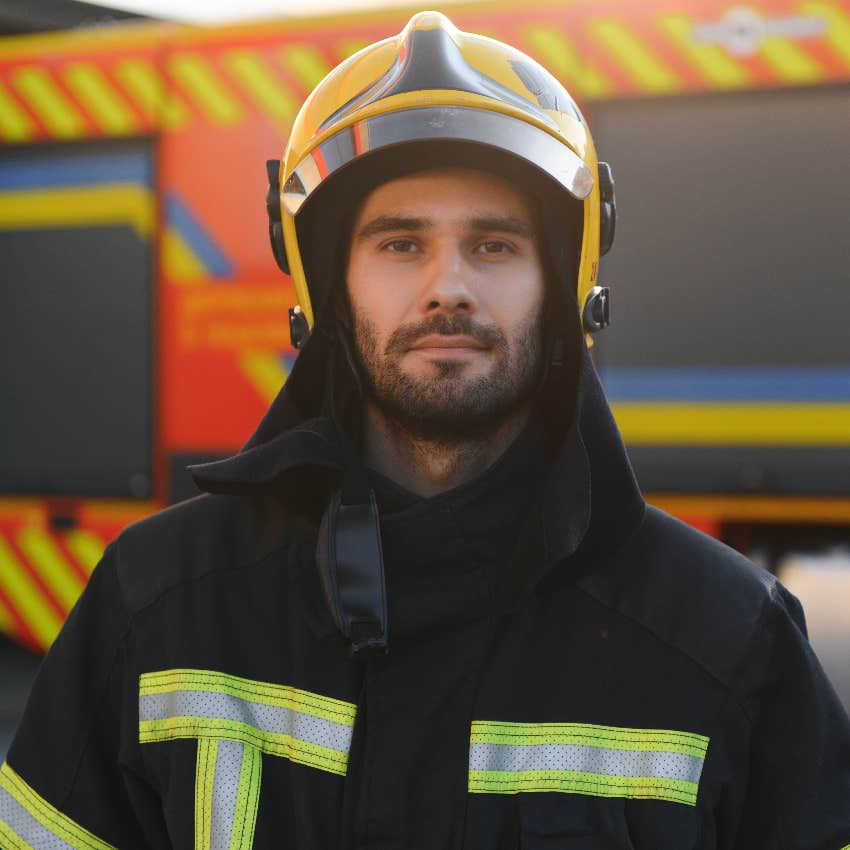5 Jobs People Choose That May Be Influenced By Past Trauma, According To A Psychologist
Have your career choices been driven by subconscious traumas?
 Ground Picture | Shutterstock
Ground Picture | Shutterstock Deciding what career to pursue is a major decision. Some prioritize their innate talents, delving into a job that they are sure to thrive in. Others fall into a field based on family ties or other environmental factors.
According to psychologist Dr. Ali Fenwick, some people's career decisions are greatly influenced by their past traumas. Their childhood struggles and traumatic experiences lead them down a path they may not have otherwise considered but are uniquely suited for.
Here are 5 jobs people choose that may be influenced by past trauma:
1. Lawyers or law enforcement.
Our past traumas inevitably influence our day-to-day lives, so it’s unsurprising that they also impact our career choices, knowingly or not.
According to Fenwick, it's those who witnessed parental abuse growing up that tend to gravitate towards law — whether police officers and the like or attorneys.
In childhood, they likely felt a need to control the peace or experienced a loss of control and now look to fill that void in adulthood with their careers. They may also desire to see the justice their childhood lacked.
Unfortunately, some studies suggest that adults with parental trauma often find themselves integrated into the justice system in a much different way, struggling with substance abuse, criminality, and even further victimization. Coping with these traumas looks incredibly different for everyone, but trends suggest law enforcement industries appeal to those with parental trauma — whether they prove to be healing or not.
2. Teachers, coaches, or social workers.
 PeopleImages.com - Yuri A | Shutterstock
PeopleImages.com - Yuri A | Shutterstock
People who previously felt neglected often gravitate toward jobs where they can help others, such as teachers, social workers, community leaders, and coaches.
Again, choosing a career to fill a void, they seek jobs where they can validate and help others to thrive in their lives in a way they weren’t supported earlier in life.
Pursuing these kinds of careers can be fulfilling for many people with past trauma as they work to unlearn the hurt they’ve experienced. However, there can be adverse effects, and secondary trauma from their clients, students, or employees can harm their healing journeys.
3. High-profile media jobs.
 eldar nurkovic | Shutterstock
eldar nurkovic | Shutterstock
People who fought for the attention of their families growing up — or were not validated or acknowledged — tend towards jobs in high-profile industries and professions, like media, sports, and television.
They likely felt ignored in childhood and now strive to gain recognition to make up for the attention they never received from their family of origin.
4. Healthcare jobs like nurses and doctors.
People in the healthcare industry, working in roles like nursing, medicine, or psychiatry, often already have personal experience with the industry, whether they had a sick family member or spent a great deal of time in hospitals.
Often, these people are devoted to “giving back” and want to help patients like other healthcare workers helped them and their families earlier in life.
5. Firefighters or paramedics.
 Hryshchyshen Serhii | Shutterstock
Hryshchyshen Serhii | Shutterstock
High-stress industries like firefighting can be attractive for people who’ve experienced “chaotic upbringings” and were forced to be hypervigilant while growing up. They are already comfortable navigating high-stress situations and can utilize this in their career.
Zayda Slabbekoorn is a News and entertainment Writer at YourTango who focuses on health and wellness, social policy, and human interest stories.
